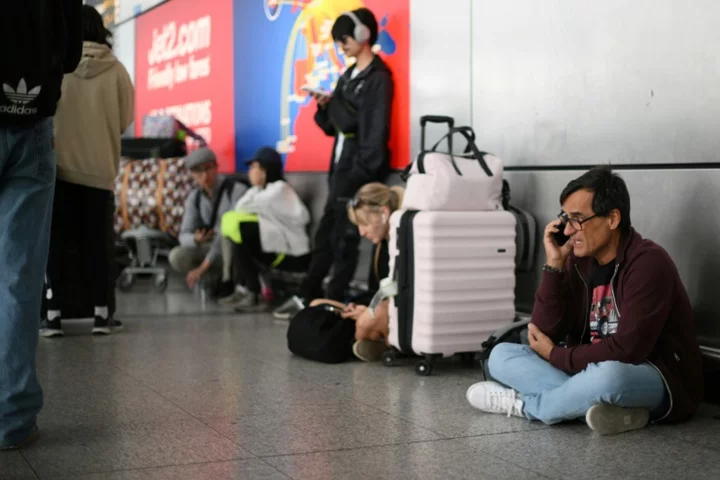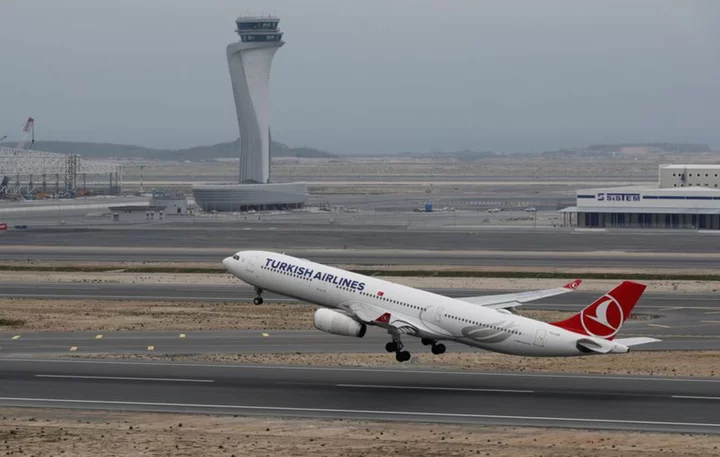The worst disruption to UK air traffic control in almost a decade following a technical fault risks costing carriers around £100 million, the head of global airline body IATA estimated Wednesday.
Passengers continued to be affected by cancelled flights owing to Monday's incident, but far more planes were able to fly.
"I would imagine that at an industry-level, we'll be getting close to £100 million ($127 million) of additional costs that airlines have encountered as a result of this failure," Willie Walsh, director-general of the International Air Transport Association, told the BBC.
"It's very unfair because the air traffic control system which was at the heart of this failure doesn't pay a single penny," added the former chief executive of IAG, whose main airline is British Airways.
Costs included finding new flights for stranded passengers and providing overnight accommodation.
Walsh expressed doubt over the reason provided by UK body, the National Air Traffic Services, for the breakdown.
"I find it staggering, I really do. This system should be designed to reject data that's incorrect, not to collapse the system," he said.
"If that is true, it demonstrates a considerable weakness that must have been there for some time and I'm amazed if that is the cause of this."
Britain's government has ordered a review into the incident, which it claimed was not linked to cybersecurity.
NATS chief executive Martin Rolfe said an "unusual piece of data" had caused the widespread flight disruption.
While more than one quarter of flights arriving and departing the UK were cancelled on Monday, only about one percent were unable to take off Wednesday, according to aviation analytics firm Cirium.
It comes as the global sector sees a strong recovery from the Covid shutdown.
bcp/lth









